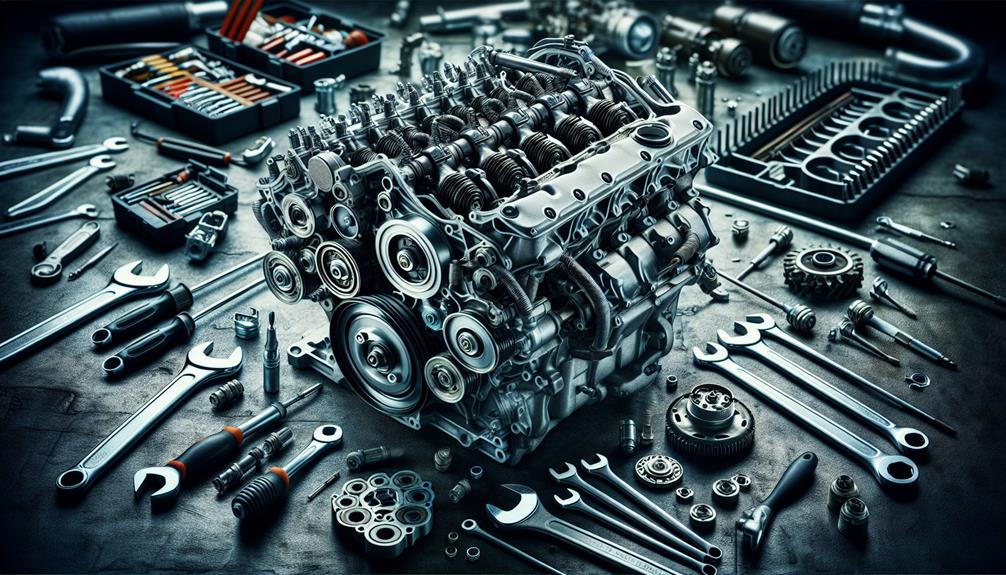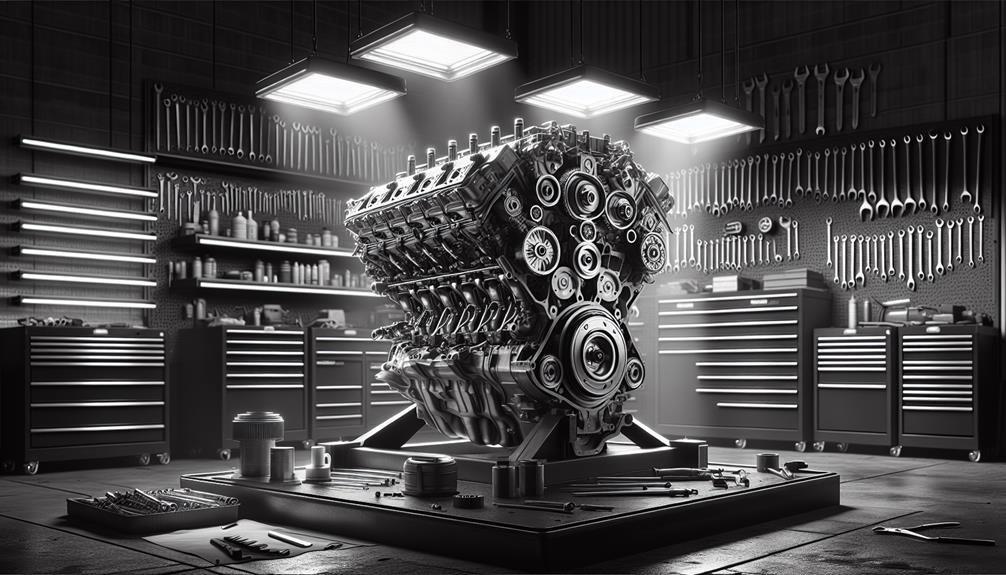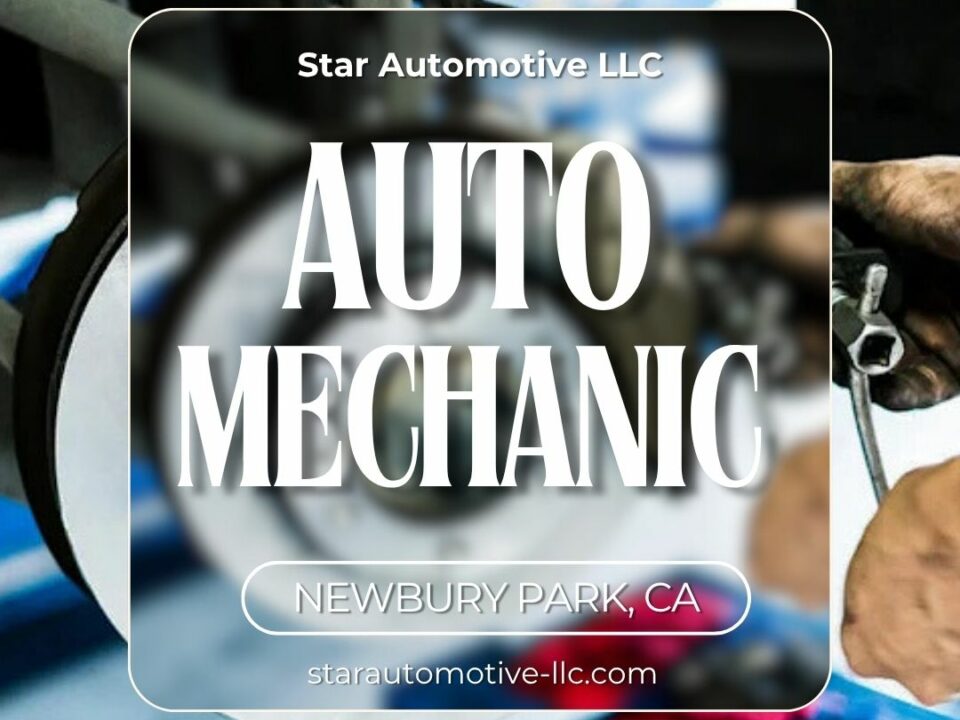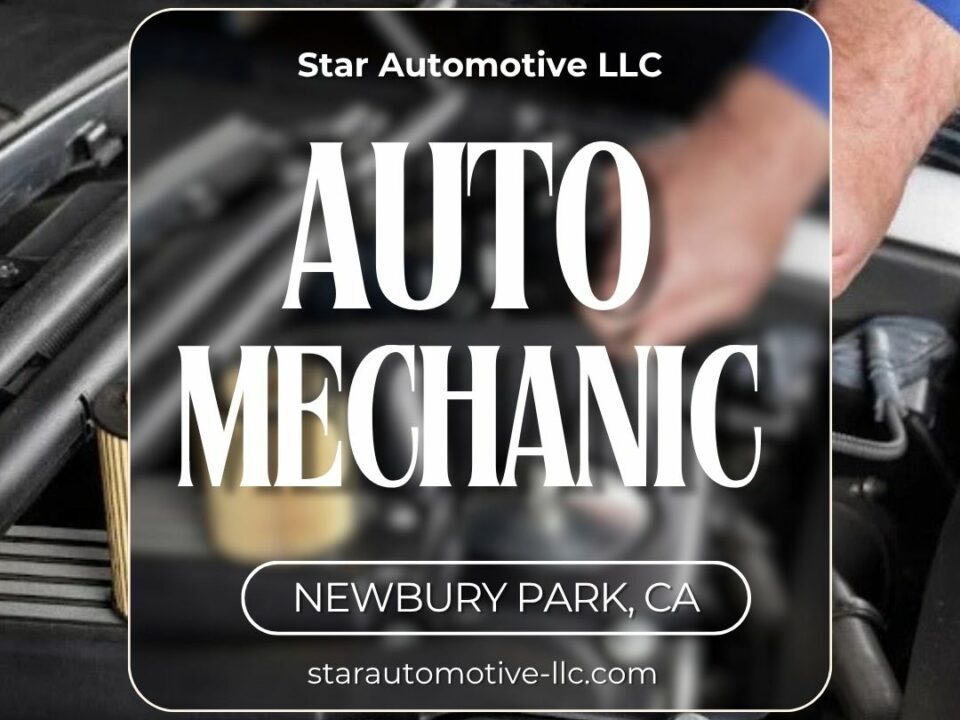
Decoding Engine Components: Essential Knowledge for Every Auto Mechanic
March 11, 2024Shop, Dine, and Unwind at The Collection in Oxnard, CA
March 26, 2024Diving headfirst into the heart of an automobile, you’d find an intricate world that makes the world’s most complex watch seem like child’s play.
As a professional auto mechanic, you don’t just tinker around; you’re the surgeon of this mechanical beast, dissecting and healing with precision. Understanding engine components isn’t just a part of your job; it’s the essence of your craft.
From the crankshaft to the timing belt, each piece is a cog in a machine that powers our modern lives. You might think you know it all, but there’s always something new to learn, a different perspective to consider.
Now, wouldn’t you be intrigued to uncover what that could be?
Essential Engine Components Breakdown
Let’s dive into the heart of your vehicle, breaking down the essential engine components that keep your car running smoothly and efficiently. Picture yourself as an integral part of this auto community, grasping the crux of your car’s performance – the engine.
At the core, you have the cylinder, the powerhouse where fuel combustion happens. Your engine might’ve four, six, or even eight of these. Next, the spark plug, crucial for firing up that fuel-air mix within the cylinder. Pistons, connected to your car’s crankshaft, convert that explosive energy into movement. The timing belt or chain ensures everything happens in perfect sync.
Understanding these components isn’t just knowledge – it’s empowerment. You’re not just a car owner, you’re a part of the vehicle’s life, its journey.
Common Engine Problems and Solutions
Now that you’ve got a grasp on the essential parts of your engine, it’s time to tackle the common problems you might face and arm yourself with practical solutions in auto mechanic.
Say, for instance, you’re dealing with overheating. You’ll need to check the coolant level, the radiator, and the thermostat.
If it’s a power loss issue, your fuel system or spark plugs could be at fault. Knocking sounds? That’s typically worn bearings or a timing issue.
For each problem, there’s a solution. Proper maintenance, regular checks, and tuning can prevent most issues. But when problems arise, knowing your engine components is your best defense.
It’s not just about fixing, it’s about understanding, adapting, and overcoming.




